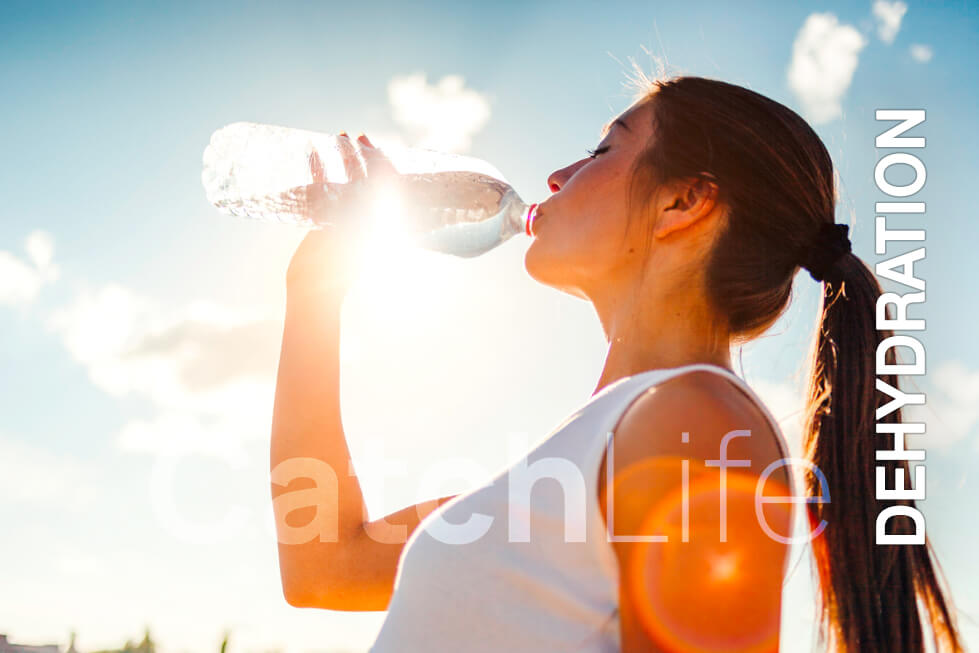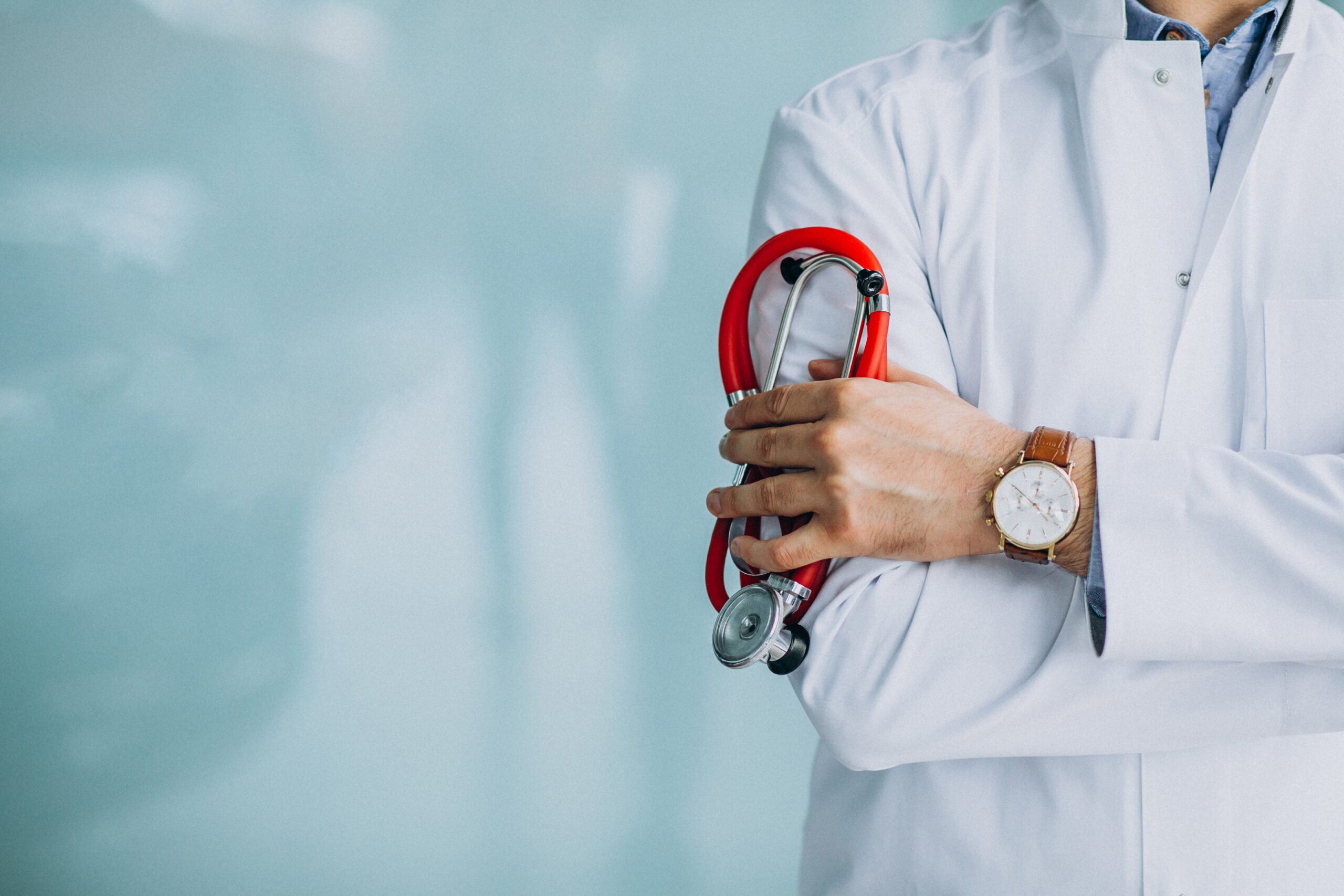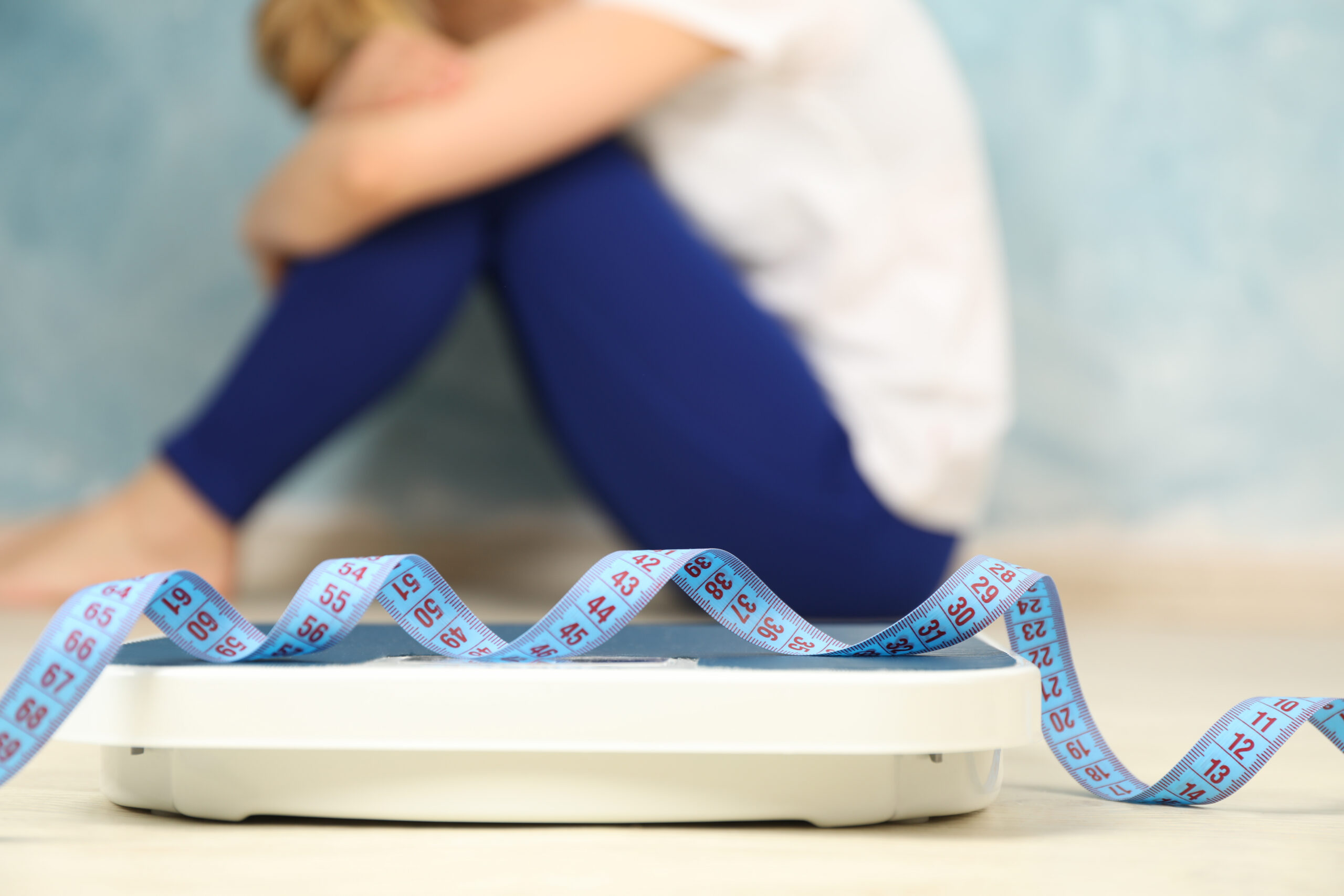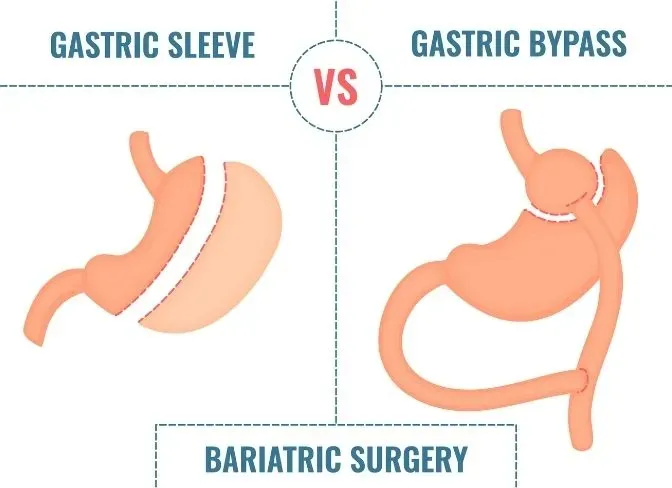The Ravages of Dehydration: An article into the Parched Body
Dehydration is a widespread issue that can affect everyone, especially in hot temperatures or during exercises. It is a disorder that develops when the body loses more fluid than it absorbs, and it can have serious effects on a number of bodily systems. In this post, we will have a look at what dehydration is, how it affects the body, how to prevent it, how to manage it if it occurs, and its symptoms. Let’s dig in and discover how to stay out of the dry world of dehydration.
What is Dehydration and How Does it Affect the Body?
When the body loses more fluid than it takes in, dehydration develops. Sweating, urinating, having diarrhea, vomiting, or not drinking enough water can all contribute to it. The circulatory, digestive, neurological, and other systems of the body can all be affected by the body becoming dehydrated. An accumulation of toxins in the body can result in damage to the kidneys, which are in charge of filtering waste from the blood.
For individuals who are more susceptible, such as babies, the elderly, and those with underlying medical disorders, dehydration is a serious illness that can have devastating effects on the body. In severe circumstances, it can result in heatstroke, heat exhaustion, and even death.
Signs and Symptoms of Dehydration
Recognizing the warning signs and symptoms of dehydration is crucial since it can be a silent killer. Common symptoms of dehydration include:
- Dry Mouth And Throat
- Dark Yellow Urine
- Dizziness And Lightheadedness
- Headache
- Fatigue
- Dry Skin
- Muscle CrampsParticularly In The Early Stages Of Dehydration, These Symptoms Might Not Be Obvious. Dehydration Symptoms, Such As A Rapid Heartbeat, Rapid Breathing, Sunken Eyes, Confusion, And Even Loss Of Consciousness, May Get Worse As The Condition Gets Worse.
How to Prevent Dehydration
The easiest way to prevent dehydration is to increase fluid intake, especially water. It’s essential to drink water before, during, and after physical activities if you want to be well hydrated.
Avoiding things like alcohol and caffeine, which can dry the body, is another way to prevent dehydration. To help maintain optimum hydration levels, it’s also crucial to consume foods high in water, like fruits and vegetables.
Also, it’s important to be cautious when it’s hot outside as dehydration is a problem that increase with high temperatures. It is advised to wear loose, light clothes that allow the airflow and to stay inside during the hottest hours of the day.
Treatment for Dehydration
Depending on how severe you are dehydrated, you will need different treatments. In mild dehydration, merely increasing liquid intake can help rehydrating the body. Water is always the best choice, but sports drinks can also assist restore electrolytes if you are dehydrated due to vigorous exertion.
Hospitalization can be necessary in severe situations in order to increase the fluids in the body intravenously. It is crucial especially for the people who are severely dehydrated or unable to swallow fluids due to heat stroke or due to other medical issues.
The Final Word
It’s crucial to recognize dehydration’s signs, as it can affect anyone. Staying hydrated and preventing dehydration will help you stay healthy.
Dehydration can cause from modest to life-threatening health issues. You can prevent dehydration by identifying the signs and getting treatment quickly. Be hydrated, especially during high temperatures or intense exercises, and seek medical assistance for severe dehydration.
Spread the love






Get Free Quote